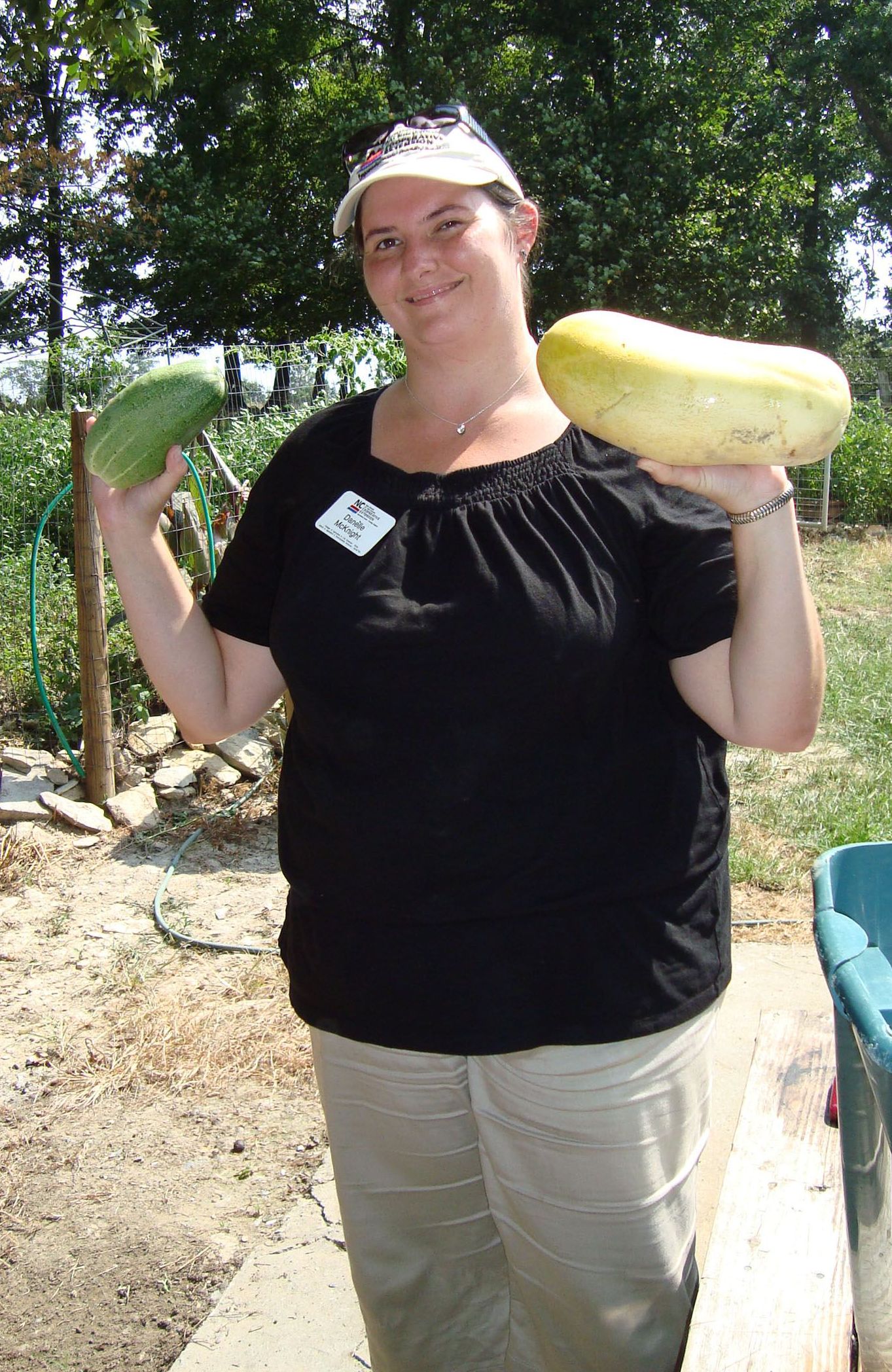Hints for a better vegetable garden
Published 12:00 am Friday, April 18, 2014
SALISBURY — People love the idea of having a vegetable garden. It can save money, they will have fresh produce and they can freeze or can as much as they would like.
All of this is true, but it is hard work. There is no way around it — vegetable gardening takes time, money, preparation, patience, a keen eye and dedication. Here are some common problems we witness with novice and sometimes even experienced gardeners:
Guessing on soil fertility: We pay a lot of money for soil amendments, especially fertilizer. Why should you guess about soil fertility when guessing or assuming can make a donkey out of you? So, next time you are planning your garden, don’t assume, and get a soil analysis before you plant. This will tell you exactly how much lime and fertilizer you need. It will also tell you what kind of fertilizer. The great thing is that this is a free service from April to November. If you were in another state, you could pay in excess of $20 per sample. We also have gardeners who love to use manure. That’s fine; it is a great source of nutrients, but I always stress for gardeners to use composted manure.
I had a client come in once and wanted to know what was wrong with his plants. After asking a few questions, I quickly discovered he was using fresh donkey manure to grow his vegetables. Needless to say, he never saw any vegetables because the plants were burnt. Also, you need to know where you are getting your amendments from. Be sure to ask questions, since some pesticides can remain in hay, straw and manure for a considerable amount of time.
Never checking the garden once planted: Vegetable gardens are not like ornamental gardens because they require more maintenance and attention. By this I mean that you cannot plant vegetables, get them established and then forget them. Vegetable gardens need proper watering, weeding, harvesting and checking for disease and pest problems. We often receive calls about pest or disease infestations, but they are usually too far gone by the time we receive the calls. If we monitor the garden on a daily or every other day basis, we can keep on top of these problems.
Never having any luck with vegetables: This can be caused by multiple issues, usually because the top two issues were not followed or because of sunlight, crop rotation, lack of irrigation or planting at the wrong time. Let’s start with sunlight. For vegetables, you need a minimum of six hours. If they receive anything less than six hours, your vegetables will struggle to survive.
Crop rotation can sometimes be confusing to novice gardeners. Crop rotation means that every year you plant a different family. For example, if I have a raised bed and I planted nothing but tomatoes last year, this year I will not plant anything in the Solanacea family (tomatoes, peppers, eggplant, tobacco and tomatillos). Cooperative Extension recommends using at least a three-year crop rotation so a grower will not plant the same family every three years.
Irrigation is important as well. This does not mean you have to have a fancy irrigation system, it just means you need to make sure your plants are getting watered properly. Most of us remember our grandparents’ gardens and how they only used nature’s water supply. Now, with many raised beds, containers and small gardens, the plants tend to dry out much quicker and need to be checked more frequently.
It is best to water in the morning to reduce disease and stress to the plants. Simply check the soil with your finger and if it is dry to the touch, water the plants. It is also important to determine the difference between heat stress and drought stress. It is easy to determine if you are watering in the morning. If the plants are drooping or flagging in the morning, they need water. If you water in the evening, you cannot tell the difference.
Cooperative Extension always recommends knowing your plants’ needs. We have cool season and warm season crops. You can adjust their plantings if you use greenhouses, high tunnels, cold frames, etc. However, most novice gardeners do not use these season extenders. So, plant timing is very important.
For example, you would not plant broccoli in the middle of summer or corn in late winter. They will not perform to your expectations. It is also important to understand frost dates. Typically, I recommend planting warm season crops after April 15. But as you can tell this week, we have had some later frost dates. Pay attention to the weather and understand frost dates; that can help determine when to plant. Don’t always go by North Carolina’s bipolar weather because it can fool you into planting too early and losing some of your crops to the frost.
Vegetable gardening can be very rewarding, as well as enjoyable, but gardeners do not have a magical garden overnight. For more information on gardening, soil sampling, or solving garden problems, call your local Cooperative Extension agent at 704-216-8970. Or, visit http://www.ces.ncsu.edu/depts/hort/hil/ag-06.html for vegetable gardening or http://www.ces.ncsu.edu/hil/hil-707.html for frost dates.





